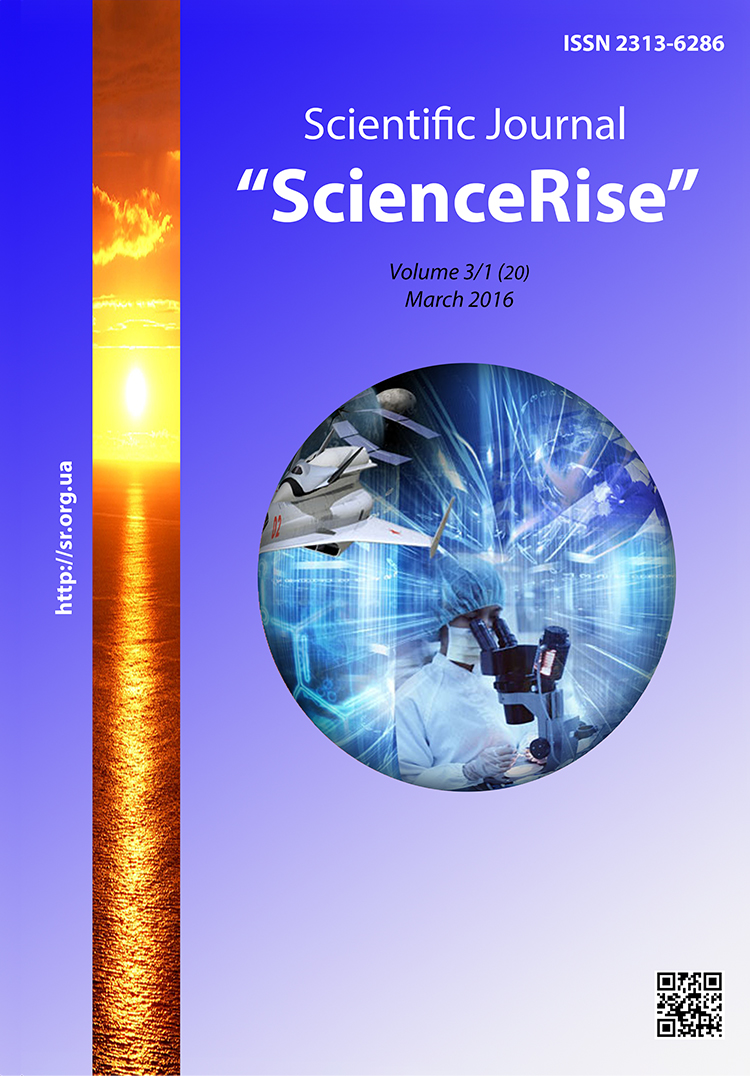Uncertainty situation of transition period of society development as psychological conditions of professional competence formation of future psychologists
DOI:
https://doi.org/10.15587/2313-8416.2016.64455Keywords:
uncertainty situation, professional competence, tolerance to uncertainty, intolerance to uncertaintyAbstract
The article deals with the psychological characteristics of uncertainty. The essence and main structural components of uncertainty (cognitive, emotional and volitional components) are described. The nature of tolerance to uncertainty is described as the ability to withstand the emotional stress of crisis, problem situations. The role of uncertainty in the future development of the personality psychologist and realization of their creative potential is determined. Uncertainty is considered as one of the possible conditions of professional competence formation of future psychologists in today's dynamic society
References
Shneyder, L. B. (2004). Professyonalnaia ydentychnost: teoryia, эksperyment, trenynh [Profesiyna identychnistʹ: teoriya, eksperyment, treninh]. Voronezh: MODEK, 600.
Kochyunas, R. (1999). Osnovyi psihologicheskogo konsultirovaniya [Fundamentals of psychological counseling]. Moscow: Academic Project, 78.
Lukovitskaya, E. G. (1998). Sotsialno-psihologicheskoe znachenie tolerantnosti k neopredelennosti [Socio-psychological value of tolerance to uncertainty]. Stankt-Petersburg, 36.
Looshin, P. V. (2013). Ekologicheskaya pomosch v perehodnoy period: ekofasilitatsiya [Environmental aid in the transition period: ekofasilitatsiya]. Kyiv, 296.
Gusev, A. I. (2007). K probleme izmereniya tolerantnosti k neopredelennosti [To measure the problem of tolerance to uncertainty]. Practicality psihologіya that sotsіalna robot, 1, 25–32.
Belinskaya, E. P. (2009). Sovladanie kak sotsialno-psihologicheskaya problema [Coping as a social and psychological problem]. Psychological research: electron. zh., 1 (3).
Poddiakov, A. N.; Bolotova, A. K. (Ed.) (2007). Neopredelennost v reshenii kompleksnyih problem [The uncertainty in the solution of complex problems]. Moscow: Gos. un-t – Vysshaja shkola jekonomiki, 177–193.
Galin, A. L. (2001). Psihologicheskie osobennosti tvorcheskogo povedeniya [Psychological characteristics of creative behavior]. Novosibirsk, 346.
Khoroshavina, S. G. (2005). Kontseptsii sovremennogo estestvoznaniya: kurs lektsiy. Rostov-na-Donu: Feniks, 480.
Lotman, Y. (1993). Mehanizmyi Kulturyi [Mechanisms of culture]. Vol. 3. Tallinn: Alexander, 327–344.
Kondrashihіna, O. A. (2014). Harakternyie priznaki, urovni i formyi konstruktivnoy aktivnosti v usloviyah neopredelenosti [Characteristic features, levels and forms of constructive activity in the conditions of uncertainty]. Prospects of science and education, 2 (8), 158–162.
Zinchenko, V. P. (2007). Tolerantnost k neopredelennosti: novost ili psihologicheskaya traditsiya? [Uncertainty avoidance: news or psychological tradition?]. Questions of psychology, 6, 3–20.
Soldatov, H. W. (2003). Prakticheskaya psihologiya tolerantnosti, ili kak sdelat tak, chtobyi zazvuchali luchshie strunyi chelovecheskoy dushi? [Practical Psychology tolerance, or how to make the best sounded strings of the human soul?]. Century tolerance. Scientific and journalistic Gazette, 6, 60–78.
Nesterov, N. V. (2006). Mnogoobrazie podhodov k ponimaniyu tolerantnosti [Variety of approaches to the understanding of tolerance]. Applied psychology and psychoanalysis, 4, 39–43.
Soldatova, G. U., Shaygerovoy, L. A. (Eds.) (2008). Psycho tolerance personality. Moscow: Meaning, 172.
Downloads
Published
Issue
Section
License
Copyright (c) 2016 Наталія Василівна Перегончук

This work is licensed under a Creative Commons Attribution 4.0 International License.
Our journal abides by the Creative Commons CC BY copyright rights and permissions for open access journals.
Authors, who are published in this journal, agree to the following conditions:
1. The authors reserve the right to authorship of the work and pass the first publication right of this work to the journal under the terms of a Creative Commons CC BY, which allows others to freely distribute the published research with the obligatory reference to the authors of the original work and the first publication of the work in this journal.
2. The authors have the right to conclude separate supplement agreements that relate to non-exclusive work distribution in the form in which it has been published by the journal (for example, to upload the work to the online storage of the journal or publish it as part of a monograph), provided that the reference to the first publication of the work in this journal is included.

